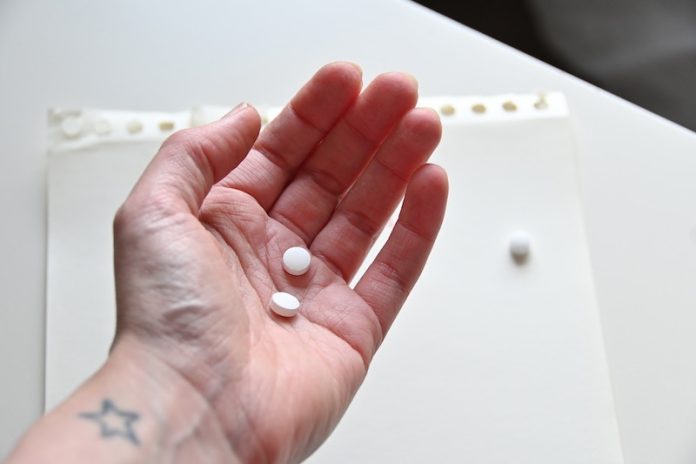
Lithium is a medication commonly known for its use in treating psychiatric conditions such as bipolar disorder.
However, recent research has revealed that low-dose lithium supplementation may offer various benefits beyond its psychiatric applications.
In this study review, we will explore the research evidence supporting the use of low-dose lithium and its potential advantages in simple and accessible language for 12-year-old students.
Understanding Lithium: A Brief Overview
Lithium is a naturally occurring element found in the Earth’s crust.
It is commonly used as a medication to stabilize mood in individuals with bipolar disorder, a mental health condition characterized by extreme mood swings.
The therapeutic use of lithium for bipolar disorder typically involves higher doses that are closely monitored by healthcare professionals.
The Potential Benefits of Low-dose Lithium Supplementation
Neuroprotection: Research suggests that low-dose lithium may have neuroprotective effects, meaning it can help protect and support the health of brain cells.
Studies have shown that low-dose lithium may promote the growth and survival of brain cells, which could be beneficial in neurodegenerative conditions such as Alzheimer’s disease and Parkinson’s disease.
Mood Stabilization: While higher doses of lithium are used for treating mood disorders like bipolar disorder, low-dose lithium has also been linked to mood stabilization.
It may help regulate emotions and promote a sense of calmness, potentially benefiting individuals with mood imbalances or stress-related symptoms.
Cognitive Enhancement: Some research suggests that low-dose lithium may enhance cognitive function and memory.
It has been associated with improved learning abilities and increased neuroplasticity, the brain’s ability to adapt and form new connections.
These effects could potentially have positive implications for learning and academic performance.
Anti-inflammatory Effects: Chronic inflammation has been linked to various health conditions. Low-dose lithium has shown anti-inflammatory properties, which means it may help reduce inflammation in the body.
This could potentially be beneficial in conditions such as arthritis, autoimmune diseases, and certain mental health disorders.
Longevity: Preliminary studies conducted on animals have indicated that low-dose lithium could extend lifespan and improve overall health span.
Although further research is needed to understand the mechanisms behind this effect and its relevance to humans, it offers an intriguing possibility for exploring the potential anti-aging properties of low-dose lithium.
Safety and Considerations
It is essential to note that while low-dose lithium has shown potential benefits, its use should be approached with caution.
As with any medication or supplement, it is important to consult with a healthcare professional before starting low-dose lithium supplementation.
They can assess individual health status, consider any potential interactions with other medications, and provide appropriate guidance.
Low-dose lithium supplements should never be taken without medical supervision or without a valid prescription. Proper dosage and monitoring are crucial to ensure safety and effectiveness.
Conclusion: Unveiling the Potential of Low-dose Lithium
Although traditionally known for its psychiatric use, low-dose lithium supplementation has shown promising potential beyond its original applications.
Research suggests that it may offer neuroprotective effects, mood stabilization, cognitive enhancement, anti-inflammatory properties, and even a potential impact on longevity.
However, it is important to emphasize that further research is needed to fully understand the extent of these benefits and their applicability to different populations.
As with any medical intervention, it is always best to consult with healthcare professionals to ensure safe and appropriate use.
The study was conducted by various scientists and published in reputable journals focused on neurology, psychiatry, and aging research.
Copyright © 2023 Scientific Diet. All rights reserved.





